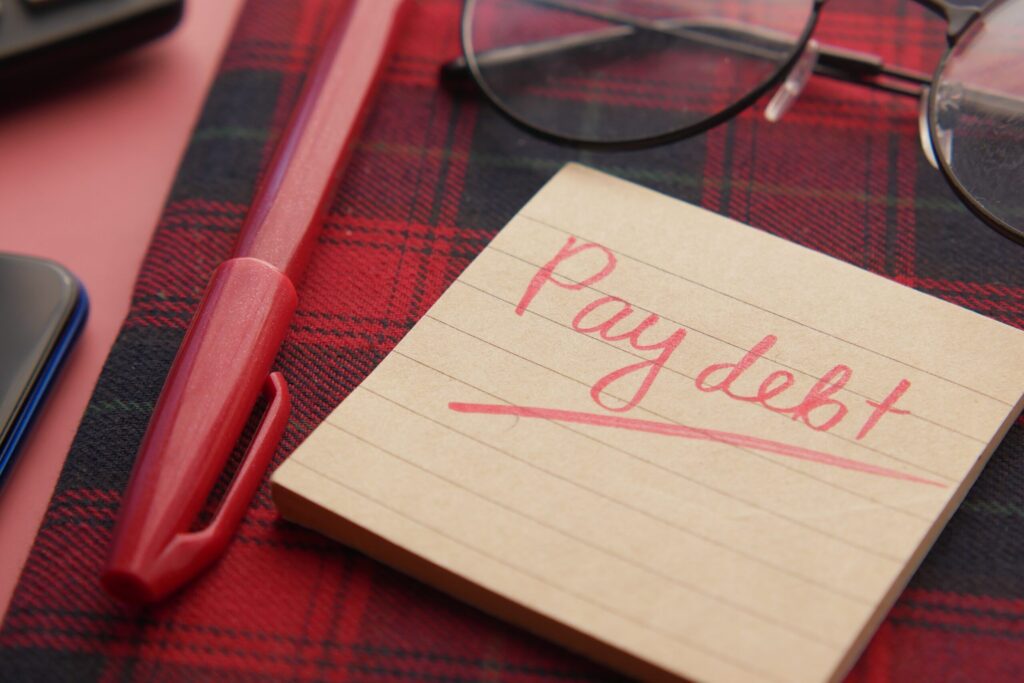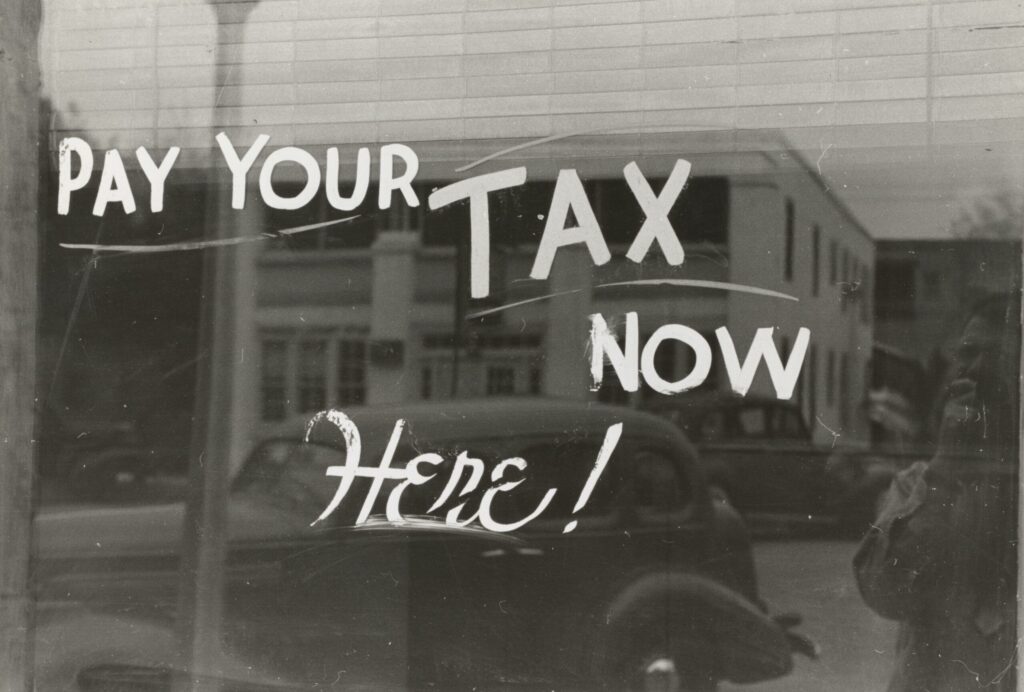Tax debts are some of the trickiest debts to handle, thanks to the powers of the Canada Revenue Agency (CRA). As well as a number of CRA penalties and interest charges if you do not pay your tax debt on time, other consequences include a wage garnishment or a freeze on your bank account. In this article, we discuss another of the forms of enforcement that may be utilized – CRA liens on property. Property liens are used by the CRA as a method of collecting any outstanding tax debt owed. The CRA will do whatever it can to collect the tax debts it is due. In this article, we discuss all you need to know about CRA liens on property and how you can go about having them removed. When it comes to tax debt, you should always act quickly.
What are CRA liens?
If a substantial amount of tax debt is owed to the CRA for an extended period of time, the CRA may well put a lien on your property in order to secure their debt. A CRA lien is essentially a ‘claim’ on your property for unpaid tax debt. CRA liens will not be registered until most other forms of collection have been tried by them without success. Property liens have a similar impact as a mortgage, as it is essentially a fee registered against your property. It is also possible to get liens placed on your credit report.
What are the consequences of CRA liens?
Many Canadians think that a CRA lien on your home means they will automatically seize your property, but this is not the case. CRA liens simply mean that the CRA has a secured payment against your asset when you decide to sell your property. It also means that the CRA becomes a secured creditor in debt relief methods including consumer proposals and bankruptcy. Ultimately, this entitles you to less negotiating power when it comes to your property. CRA liens on your property can mean lenders associate you with increased risk, which could impact any remortgages you may want. There could also be implications if the tax debt you owe is greater than the equity on your home. If you want to sell your property, for instance, this could mean that you do not have sufficient funds to cover the legal and real estate fees. The bottom line is that you still maintain the title to your home with CRA liens, but they do make refinancing or selling your property more difficult until your tax debt is repaid in full.
What should you do if you are being threatened with a CRA lien?
While the CRA is capable of seizing your assets, they will typically try all other collection methods beforehand. You should try to tackle your tax debt with the support of a Licensed Insolvency Trustee before CRA liens come into play wherever you can. Licensed Insolvency Trustees are the only professionals legally able to file all forms of debt relief in Canada. This means that they can work with you to file a suitable form of debt relief to offer you protection from the CRA, to reduce your tax debt, and to stop any wage garnishments that may be in place. Due to the powers of the CRA, you should act as soon as you possibly can to avoid any further consequences, for example, CRA liens. At Spergel, our experienced team has been helping Canadians gain tax debt relief for over thirty years. We know how stressful tax debt can be, and so we are here to help you whenever you need our support.
How can you remove CRA liens on your property?
If the CRA has already placed a lien on your property, you still have the ability to remove it. Here are the most common ways of removing CRA liens:
- Negotiating your tax debt repayment with the CRA – once your tax debt is repaid in full, they will remove the lien from your property
- Sell your property – once the mortgage is paid, any leftover funds will go towards the lien
- File a consumer proposal – the CRA must agree if a term is included to declare that the tax lien will be removed by them once the proposal is completed
Filing bankruptcy will not remove the lien, which is why it is not included on the list above. When considering your options, always discuss the potential pathways with a reputable Licensed Insolvency Trustee who can advise you on the best options for your unique financial circumstances.
If you are worried about CRA liens on your property, book a free consultation with Spergel today. Our team of experienced Licensed Insolvency Trustees are experts in tax debt and the consequences of not paying the CRA the money they are owed. The sooner you reach out, the sooner we can help you with your financial situation. You owe it to yourself.



















